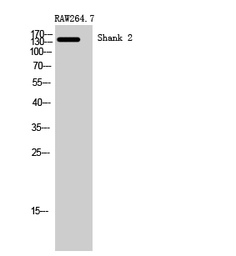SHANK2 antibody
Cat. No. GTX34197
Cat. No. GTX34197
-
HostRabbit
-
ClonalityPolyclonal
-
IsotypeIgG
-
ApplicationsWB
-
ReactivityMouse
